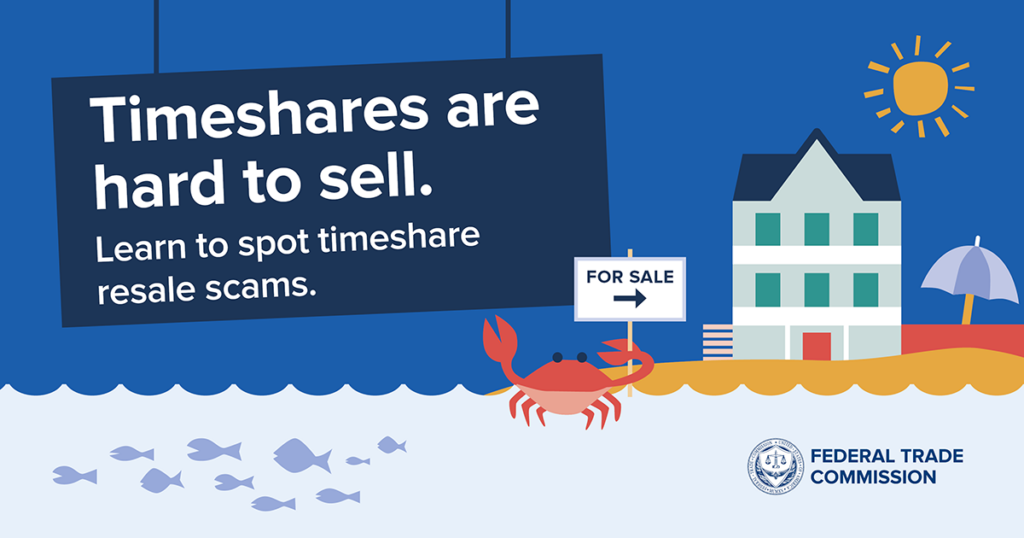Timeshare Scam Linked to Mexican Cartels, Warns FBI
For some, a timeshare is a great way to have a place to go on vacation every year. Some also see these as investment opportunities, as the value of its ownership may go up over time. Unfortunately, the FBI has recently issued a warning that some owners may be targets for timeshare scams.
Timeshare Scam Warning Issued by FBI
According to the FBI, scammers are targeting individuals who own timeshares in the United States. A timeshare scam is easy to set up, requiring minimal start-up and low overhead costs. When it comes to the targets, often times older Americans are the primary victims as they may be looking to recoup the money spent on their initial investments in the timeshare.
In the last five years, the FBI states that more than 6,000 victims have reported more than $300 million in losses to the agencies. Much of the proceeds have been used to fund violent cartels in Mexico. Additionally, the victims experience devastating financial consequences. It could also impact their relationships and their physical and emotional health.
How the Timeshare Scam Works
First, the individual from the timeshare scam impersonates a person from a broker or sales person. They claim that the owner can exit their timeshare or rent it out. However, in order to take advantage of this, the victim must pay upfront fees or taxes to secure the deals.
Next, the scammers pose as lawyers trying to help the victims recoup money they lost in the initial transaction. As part of this, the pretend lawyer will need payment for legal fees or court costs.
A third layer of scamming may happen when the scammers pose as government officials helping to get back the lost money from the first two transactions. Again, this fake official will need fees to help get the victim their money back. Sometimes, the fake official will even threaten fines or prosecution for the victim’s involvement in the scams.
Tips to Avoid a Timeshare Scam
If you’re contacted by someone about your timeshare and they request cash upfront, that is an immediate red flag and you should stop communicating with them. Additionally, according to the FBI, to avoid a timeshare scam:
- Be cautious of uninvited telephone calls, texts, or emails from anyone interested in your timeshare.
- Scammers will use tactics such as high-pressure and time-sensitive offers; be wary of any offers that require an immediate response.
- Research all entities you are in contact with, contact offices independently to confirm if you are speaking to a representative of their company, and enlist the help of a real estate agent or lawyer you trust.
As with other scams, in general you should:
- If you’re being threatened or extorted in any way, call the police.
- Be skeptical of any call, email, or letter that is asking you for money.
- Double check email addresses and URLs.
- Don’t trust your phone’s caller ID. Hang up the call, and then phone the person or the business yourself.
References:
- FBI New York Press Office, FBI New York Warns of Scams Targeting Timeshare Owners (Jan. 11, 2024). Available at: https://www.fbi.gov/contact-us/field-offices/newyork/news/fbi-new-york-warns-of-scams-targeting-timeshare-owners (last accessed July 2, 2024).
- Gema de las Heras, “If you have a timeshare, scammers might target you,” Federal Trade Commission Consumer Advice (Mar. 29, 2024). Available at: https://consumer.ftc.gov/consumer-alerts/2024/03/if-you-have-timeshare-scammers-might-target-you (last accessed July 2, 2024).
- Leada Gore, “FBI issues national financial warning,” com. Available at: https://www.syracuse.com/us-news/2024/06/fbi-issues-national-financial-warning.html (last accessed July 2, 2024).
Image: CC0 License



